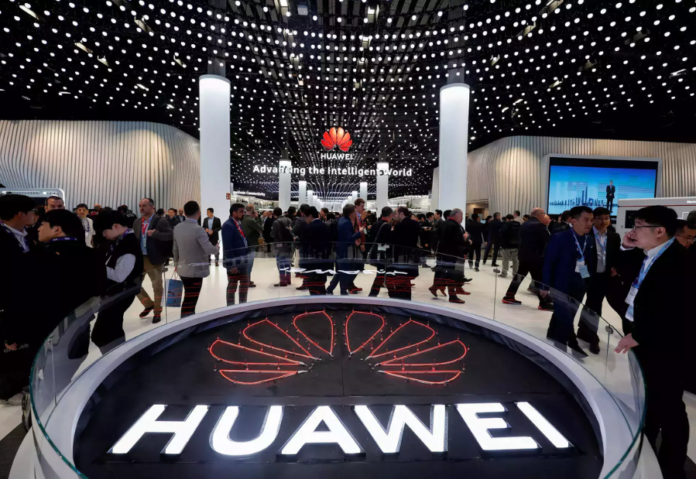Huawei claims that the shortage of semiconductors and worries over factory relocation, which had delayed the production and delivery of its Luxeed S7 sedan, should be resolved starting next month.
According to Huawei, the plant relocation concerns and scarcity of chips that had caused a delay in the manufacturing and delivery of its Luxeed S7 sedan should be rectified starting next month, as reported on Saturday by the local media site Cailianshe.
Richard Yu, the chairman of Huawei’s smart car solutions and managing director, was mentioned in the article discussing the problems with Chery’s (CHERY.UL) Luxeed S7 sedan during an annual symposium hosted by the EV100 think tank.
It was stated in January that Huawei had received complaints from Chinese automakers Chery and Changan Auto (000625.SZ) about production problems with a computing unit the tech giant manufactured that had delayed the delivery of their flagship model.
As of November 28, there were over 20,000 orders for Chery’s first model under the Luxeed EV brand, the Luxeed S7 sedan. In January, Luxeed stated that if purchasers could not pick up the car when agreed upon, they would be refunded up to 10,000 yuan. Starting at 249,800 RMB ($34,716.62), the S7 is priced.
Huawei heavily promoted the brand, which was only introduced in November. Yu had earlier said that the S7 would outperform Tesla’s high-end Model S in terms of performance and cost less than the Model 3.
In addition, Yu informed the EV100 event that robust sales of mid-to-high-end vehicles produced by its partners will probably cause its automobile business unit to earn a profit in April, following a year in which it lost billions of yuan.
In 2019, Huawei established its smart car division with the goal of becoming the intelligent electric vehicle (EV) industry’s Bosch, the German automotive supplier, and providing partners with software and parts.
However, it is the only one of Huawei’s six core businesses that is losing money. In the first half of 2023, it generated just one billion yuan in sales, a small portion of the company’s 310.9 billion yuan total.
Huawei declared last year that it would split out the division into a separate business that would acquire the resources and fundamental technologies of the division as well as funding from partners like Changan, a carmaker.
Also read: Women in the technology industry is constantly increasing, says Rajita Bhatnagar
Do Follow: CIO News LinkedIn Account | CIO News Facebook | CIO News Youtube | CIO News Twitter
About us:
CIO News, a proprietary of Mercadeo, produces award-winning content and resources for IT leaders across any industry through print articles and recorded video interviews on topics in the technology sector such as Digital Transformation, Artificial Intelligence (AI), Machine Learning (ML), Cloud, Robotics, Cyber-security, Data, Analytics, SOC, SASE, among other technology topics.






